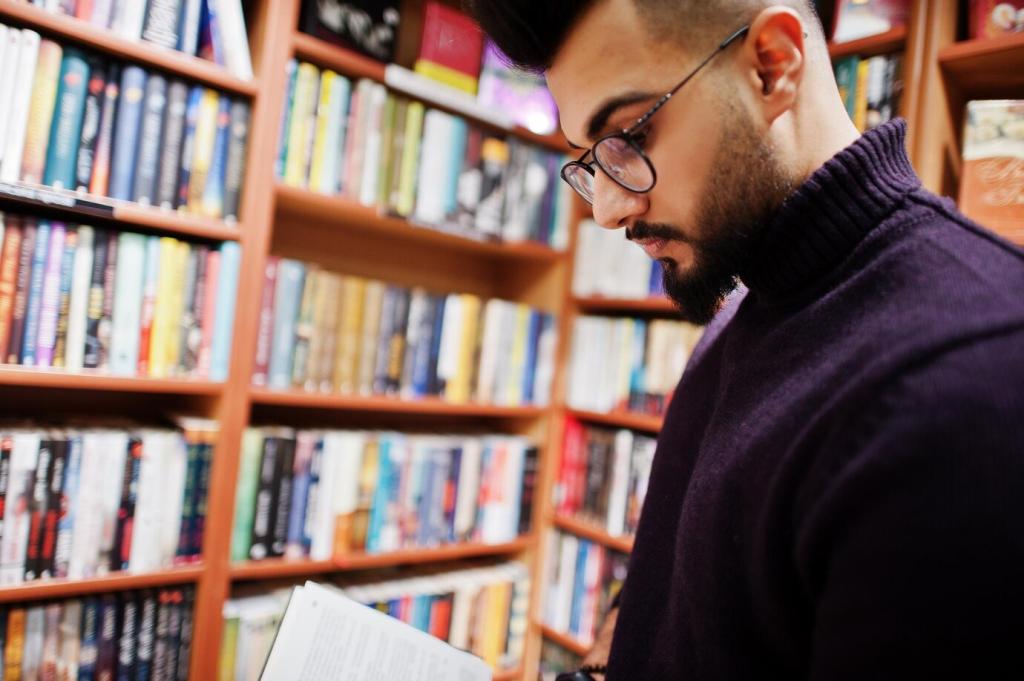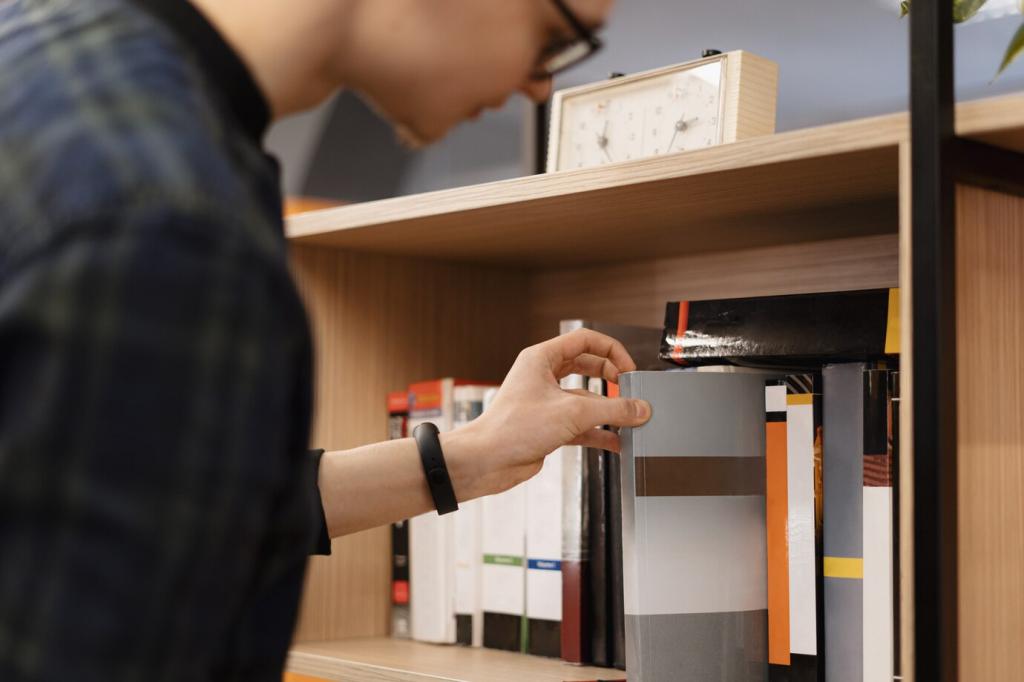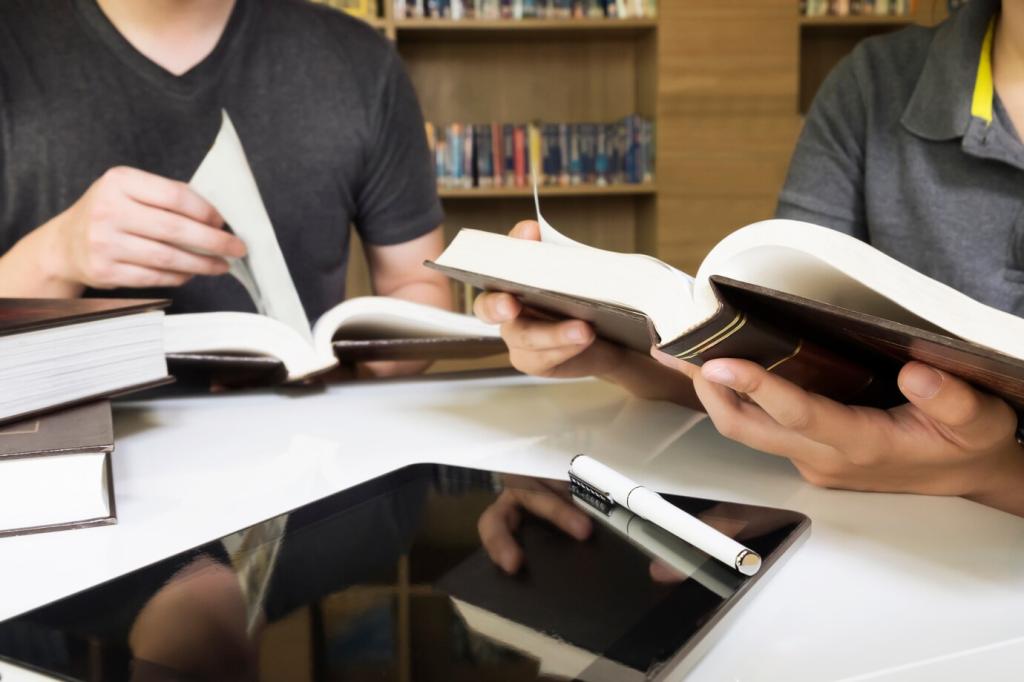Encyclopedias as Educational Tools: Curiosity with Credibility
Theme selected: Encyclopedias as Educational Tools. Discover how curated knowledge sparks inquiry, builds research confidence, and enriches classrooms, homes, and lifelong learning. Join the conversation, share your experiences, and subscribe if you believe curiosity deserves trustworthy companions.


Print Foundations, Lasting Habits
Printed encyclopedias taught generations to start with summaries, scan indexes, and respect citations. Those habits still guide responsible research today. What discovery began your love of reference books? Share your first encyclopedia moment and inspire a new reader.

Digital Access, Deeper Reach
Digital editions reduced barriers for rural schools, busy parents, and night-owl learners. Cross-links turn quick checks into meaningful learning journeys. Have you used hyperlinks to chase a surprising connection? Tell us how one click reshaped your understanding.
Teaching with Trust: Practical Classroom Strategies
Mini-Lessons That Start with a Summary
Begin units with a concise encyclopedia overview to unify background knowledge. Invite students to annotate surprising terms and propose subtopics. Post your favorite warm-up prompt or subscribe for a monthly toolkit of classroom-ready encyclopedia activities.
Fact-Checking as a Team Sport
Pair students and assign them to verify three claims using entry citations. Ask them to rate confidence levels and explain changes. Share your rubrics in the comments, and we’ll feature standout approaches in our next educator roundup.
Cross-Referencing for Perspective
Use related-article links to compare interpretations, timelines, or geographic angles. Students learn that reliable knowledge gains nuance across entries. What cross-reference chain surprised your class? Add it below so others can replicate the journey.
Research Skills That Stick
Mastering Keywords and Indexes
Teach students to extract keywords from headings, subheadings, and captions. Practice synonyms and narrower terms to refine results. Comment with your best keyword brainstorm activity, and we’ll compile a downloadable list of classroom-tested prompts.
Following Sources and Bibliographies
Model how to chase citations from an entry into primary sources, journals, and reputable databases. Students see research as a constellation, not a tunnel. Share a favorite citation trail that led to a breakthrough project or unexpected discovery.
Scope Before Depth
Encourage learners to confirm definitions, timelines, and key players before diving into advanced texts. This scaffolding saves time and reduces frustration. If this technique saved a project at the last minute, tell us the story to help another student.
Multiple Reading Levels, One Classroom
Entries with leveled reading options and summaries help mixed-ability groups learn together. Students gain confidence when they can choose a comfortable on-ramp. How do you differentiate reference reading? Share your tips, and let’s build a shared toolkit.
Language Bridges for Multilingual Learners
Bilingual entries and glossaries allow emerging multilingual students to compare terms and clarify nuance. Encourage language-switching to verify meaning. If you’ve adapted entries for bilingual lessons, comment with strategies others can implement tomorrow.

Topic Maps That Grow with Questions
Start with a general entry, then map subtopics, controversies, and stakeholders on a whiteboard. Revisit after each research session. Share a photo of your class topic map and inspire others to try a visual inquiry routine.

Debate, Dialogue, and Evidence
Assign opposing perspectives informed by the same encyclopedia entry, then require evidence-based rebuttals. Students learn to disagree without distorting facts. What debate format works best for you? Comment and help another educator refine their approach.

Project-Based Learning with Credible Anchors
Use entries to establish a factual baseline for community projects—water quality, local history, or urban design. Students build solutions on shared truth. Tell us about a student project that changed minds, and we may spotlight it in a future post.

Choose a weekly curiosity theme—oceans, inventors, fungi—and read a short entry together. End with one wonder question for next time. Share your family ritual in the comments and subscribe for themed reading calendars you can print tonight.

Invite elders to add stories that connect encyclopedia facts with lived experience. Memory plus reference deepens understanding and empathy. What intergenerational story brought an entry to life? Add it below to inspire other families to try the practice.

After reading, build a mini-experiment or local field note—measure shadows, map birds, or catalog street trees. Post your favorite challenge idea, and we’ll assemble a community list of low-cost projects grounded in verified knowledge.


What Comes Next: The Future of Encyclopedias
Machine-assisted updates can surface new research quickly, while expert editors ensure neutrality and clarity. Transparency builds trust. What safeguards do you want to see? Comment below and join our newsletter discussion on credible, hybrid curation.
What Comes Next: The Future of Encyclopedias
Community contributions expand coverage across cultures and disciplines when guided by clear policies and review. Balance inclusivity with verification. Share a model you admire, and we’ll compile best practices for responsible, collaborative reference work.
